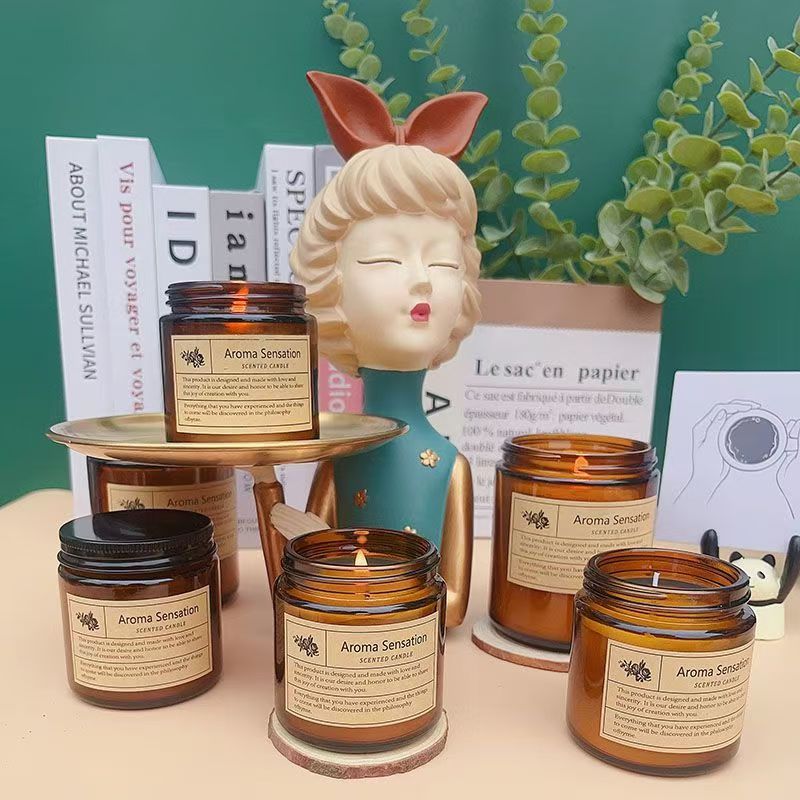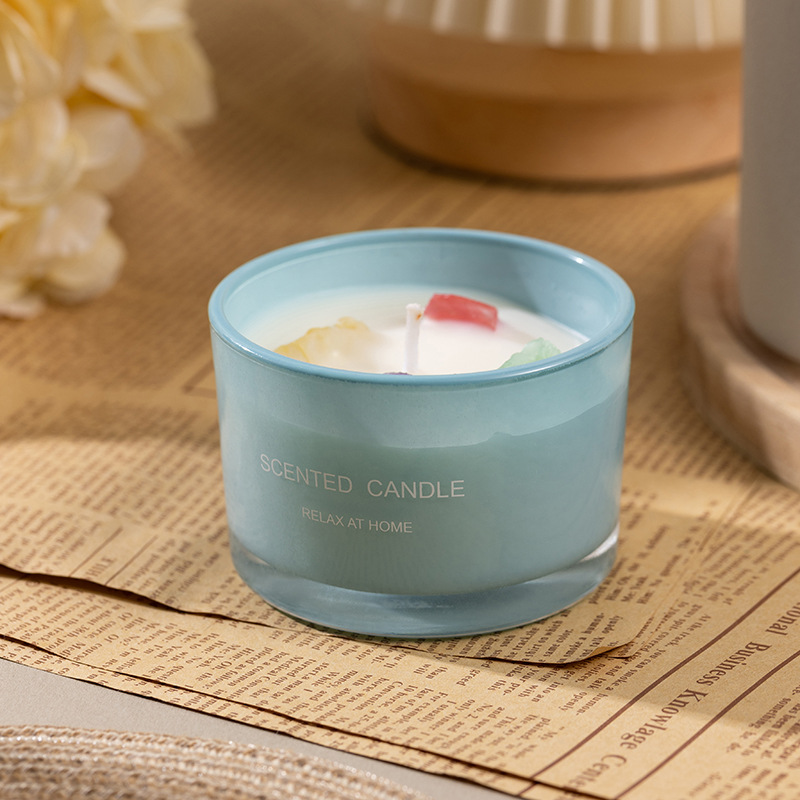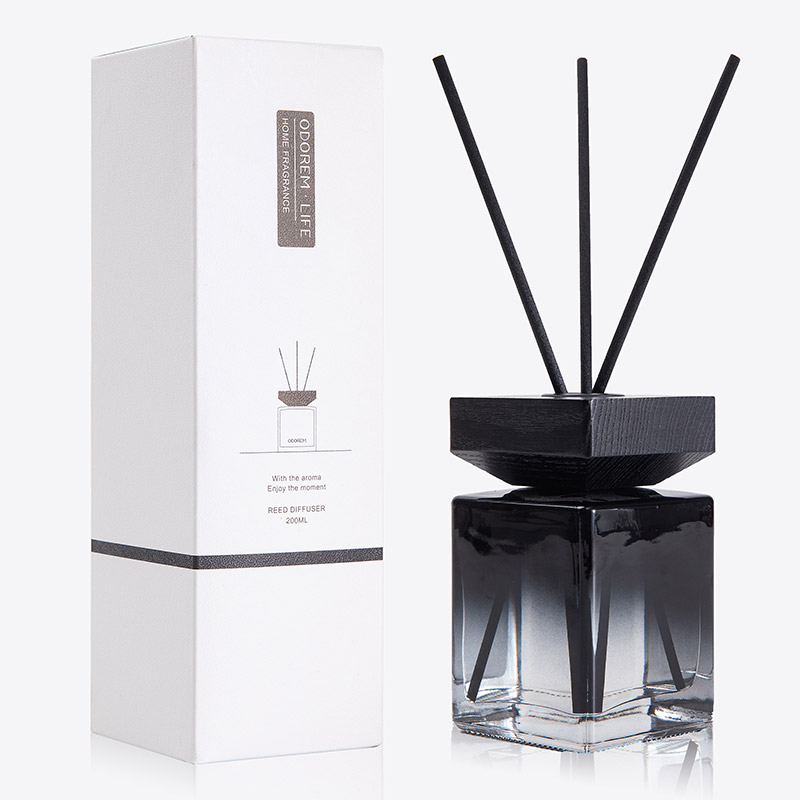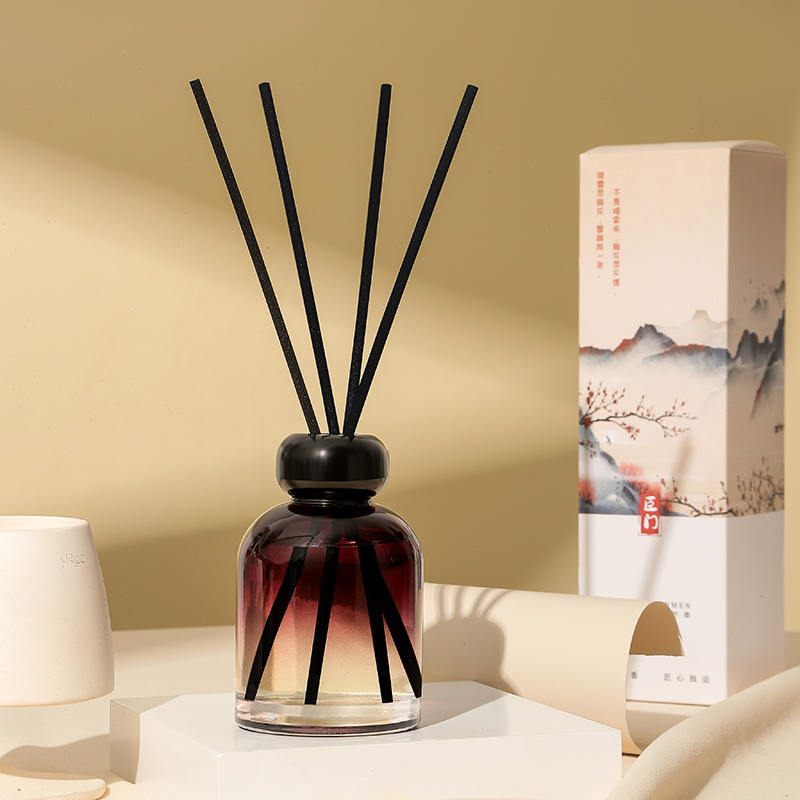How to Use Home Scent Reed Diffusers Safely and Avoid Health Risks?
Content
Home scent reed diffusers have become a popular choice for creating a pleasant and inviting atmosphere in homes, offices, and other indoor spaces. These diffusers use essential oils and reed sticks to slowly release fragrance into the air. While they provide a subtle, continuous aroma, it’s important to use them safely to avoid potential health risks. In this article, we will explore how to safely use home scent reed diffusers and minimize any possible adverse effects on health.
1. Choose High-Quality, Non-Toxic Fragrances
The safety of your reed diffuser largely depends on the quality of the fragrance oil used. Many commercial reed diffusers contain synthetic chemicals or toxic additives that can be harmful when inhaled over long periods of time. To reduce health risks, it’s crucial to choose high-quality, natural essential oils or non-toxic, plant-based fragrances.
-
Essential Oils: If possible, opt for reed diffusers that use pure essential oils, which are derived from plants and typically have fewer harmful chemicals. Some essential oils like lavender, eucalyptus, and tea tree oil are known for their therapeutic benefits, but it’s important to be aware of any sensitivities or allergies you may have to specific oils.
-
Avoid Synthetic Fragrances: Many mass-market reed diffusers use synthetic fragrances that may contain phthalates, parabens, and other harmful chemicals. These chemicals can cause headaches, respiratory issues, and allergic reactions in sensitive individuals.
2. Proper Placement of the Reed Diffuser
The placement of your reed diffuser plays a key role in both safety and effectiveness. Poor placement can lead to excessive fragrance dispersion, which may cause discomfort or exacerbate respiratory conditions.
-
Avoid Close Proximity to the Nose: Do not place the reed diffuser too close to seating areas, especially where people spend a lot of time (e.g., beds, couches, or desks). The scent should be subtle, and too much exposure to concentrated fragrance can lead to headaches, dizziness, or irritation.
-
Keep Out of Reach of Children and Pets: Reed diffusers contain liquid oils that may be toxic if ingested or if they come into contact with sensitive skin. Always keep your reed diffuser in a place that is inaccessible to children and pets, ideally on a high shelf or a secure table.
-
Ensure Adequate Ventilation: It’s important to place the diffuser in a well-ventilated area. Proper airflow helps the fragrance disperse evenly and prevents it from becoming too concentrated in one area. Good ventilation also reduces the risk of any irritation or discomfort from the scent.
3. Follow Manufacturer Instructions for Use
Each reed diffuser comes with specific instructions for optimal use. Following these guidelines will help ensure safe operation and maintain the longevity of your product.
-
Stick Replacement: Most reed diffusers recommend flipping the sticks regularly to enhance the fragrance release. However, doing this too often can cause the scent to become overpowering. Typically, flipping the reeds once a week is sufficient, but always check the product instructions for recommendations.
-
Refilling or Replacing: Reed diffusers should be refilled or replaced when the liquid in the bottle runs low. Never allow the oils to dry out completely, as this could cause the reeds to burn or degrade, leading to unsafe conditions. Additionally, be mindful of the oils in the diffuser; do not leave them exposed to high heat or direct sunlight for extended periods of time, as this can alter the fragrance or cause the oils to evaporate more quickly.
4. Monitor for Allergies or Sensitivities
Even with natural ingredients, some individuals may experience allergic reactions to certain fragrances or essential oils. Symptoms may include sneezing, headaches, dizziness, or skin irritation.
-
Conduct a Patch Test: If you or anyone in your household has sensitive skin or respiratory conditions, it’s a good idea to test the fragrance in a small area before using it extensively. You can place a cotton ball with the fragrance oil near your wrist or ankle to check for any allergic reactions.
-
Choose Hypoallergenic Options: If allergies are a concern, look for reed diffusers labeled as hypoallergenic or formulated specifically for sensitive individuals. These diffusers are less likely to cause reactions and often use gentler, fragrance-free base oils.
5. Regular Maintenance and Cleaning
Keeping your reed diffuser in good condition will not only extend its lifespan but also ensure that it continues to operate safely.
-
Clean the Bottle: When refilling the diffuser, make sure to clean the bottle thoroughly to remove any residual oils. This prevents the oils from mixing and creating unpleasant odors or clogging the reeds.
-
Check for Leaks: Inspect the reed diffuser regularly for any signs of leaks or spills. If you find that the oil has leaked onto furniture or surfaces, clean it up immediately to avoid potential damage or irritation. It’s also important to store the diffuser upright to prevent accidental spills.
6. Limit Overuse
While it’s tempting to keep the diffuser running all the time, overuse can lead to an overwhelming fragrance that may cause headaches or respiratory discomfort. If you find that the scent is too strong, try adjusting the number of reeds or reducing the duration of use.
-
Use Intermittently: To avoid over-exposure, use the reed diffuser intermittently rather than keeping it on constantly. This is particularly useful in small rooms or spaces with low airflow.
-
Choose Lighter Scents: If you prefer a constant fragrance, opt for lighter scents, such as citrus, lavender, or chamomile. These scents are less likely to become overpowering and can be more pleasant for long-term exposure.
7. Avoid Heat Sources
Reed diffusers should be kept away from heat sources such as radiators, stoves, or direct sunlight. Excessive heat can cause the oils to evaporate more quickly, reducing the diffuser’s effectiveness and potentially creating an unsafe environment if the oils become too concentrated.

 English
English Español
Español عربى
عربى






